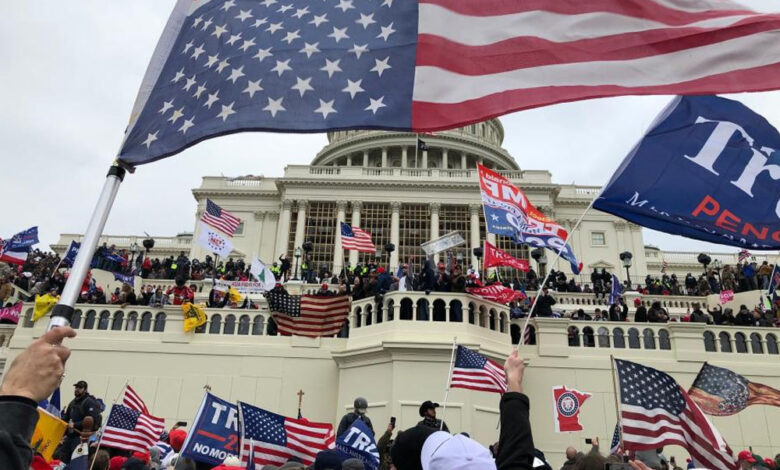Smooth Transition: Congress Prepares Uncontroversial Certification of Trump’s 2025 Victory
Four years after the tumultuous events surrounding the certification of the 2020 election results, which culminated in the infamous Capitol riot, Congress is now poised for a markedly different experience.

Four years after the tumultuous events surrounding the certification of the 2020 election results, which culminated in the infamous Capitol riot, Congress is now poised for a markedly different experience. On January 6, 2025, lawmakers will convene to certify Donald Trump’s win in the presidential election, with expectations of a process devoid of the drama and discord of past years.
The certification, a constitutional formality where the Electoral College votes are officially counted, is set to proceed smoothly under the watchful eyes of significantly bolstered security. The U.S. Capitol Police, still remembering the chaos of January 6, 2021, have been preparing for months, in coordination with local law enforcement and the Secret Service, to ensure that this session goes off without incident. The event has been designated as a National Special Security Event, akin to major gatherings like the Super Bowl or presidential inaugurations, reflecting the high level of security precautions being taken.
Speaker Mike Johnson, backed by Trump’s endorsement, has managed to consolidate enough support within his party to avoid the kind of internal strife that previously led to procedural gridlock. Despite some dissenting voices within the Republican ranks, the majority of Congress seems geared towards a straightforward certification, emphasizing the importance of moving forward with the transition of power.
This year’s approach contrasts sharply with 2021, where objections to the Electoral College votes led to hours of debate and ultimately the violent assault on the Capitol. This time, even with the political polarization that still exists, there is a palpable desire among both Democrats and Republicans to demonstrate that the democratic process can function without upheaval.
Vice President Kamala Harris, who will preside over the joint session as per her constitutional duty, has made clear her intention to follow protocol strictly, ensuring a ceremonial and non-contentious counting of votes. This stance is echoed by Democratic leaders who have publicly committed to a peaceful transfer of power, despite historical reservations about Trump’s eligibility based on the 14th Amendment.
The readiness for a no-drama certification also comes after legislative reforms to the Electoral Count Act, aimed at preventing any misinterpretation or manipulation of the process. With these changes, the threshold for objections that could delay the certification has been raised, making it more likely that the session will be brief and routine.
As Washington D.C. prepares for this significant moment, the focus is not only on the security and the procedure but also on setting a precedent for future elections, emphasizing stability, respect for democratic norms, and the peaceful transfer of power.




